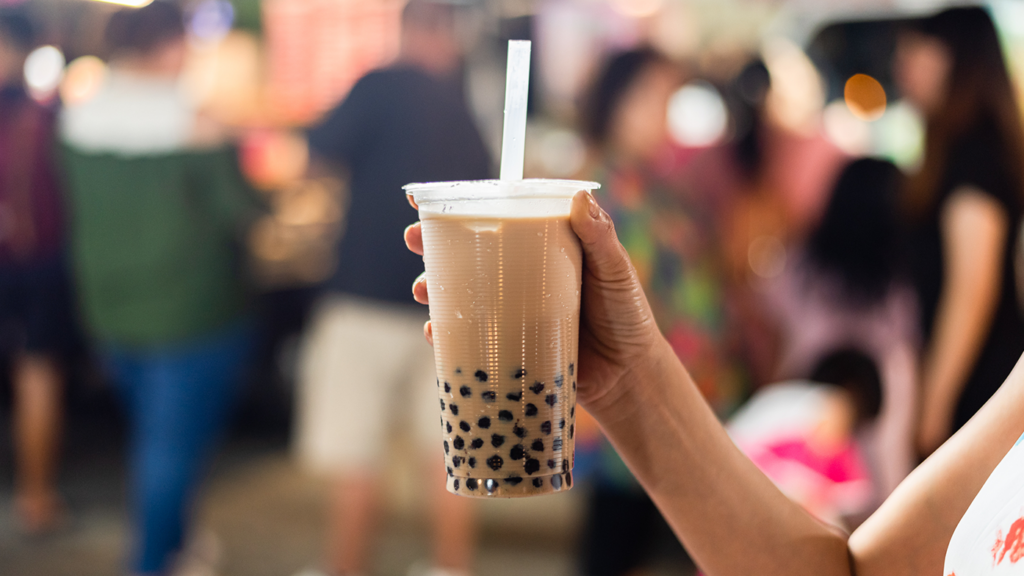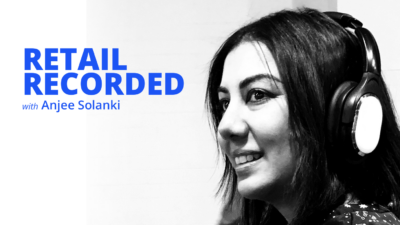Today’s consumers are curiously driving a significant shift in the food and beverage landscape. The proliferation of multicultural flavors has cultivated a sophisticated palate; with it, consumers demand higher-quality ingredients and elevated taste experiences. And we’re not just talking about food anymore – the beverage industry is feeling this transformation, too.
Now, more than ever people prioritize their well-being, seeking beverages that align with their health goals. This translates to a growing demand for functional drinks, organic ingredients, and sustainable practices. It’s no longer a one-size-fits-all world. With 81% of customers favoring brands that cater to their preferences, this shift in consumer behavior presents an exciting opportunity for the beverage industry to embrace innovation, enriching the consumer experience.
Brands have already started to adjust menus, adding new flavors to recipes–like tropical and citrus fruits–passionfruit, mango, pineapple, and blood orange, which are increasingly popular this year. Other brands are entering new markets and segments and exploring low-sugar, zero-calorie, and plant-based alternatives. Some offer a hybrid of the two. Starbucks recently launched a new global summer drink: a much-loved raspberry-flavored pearl-infused tea, a nod to the Southeast Asian staple bubble tea. U.S. market interest in boba tea is exploding; the number of bubble “boba” tea store deals doubled from 2021 to 2022, and the number of square feet leased increased by 88% since 2019—the industry’s growth projections to exceed $750.59 million by 2030. The tea category has gained traction in the U.S. as a niche market as folks seek herbal alternatives to a caffeine high. The global herbal tea market’s anticipated revenue should reach $6.9 billion by 2032. Its growing popularity has inspired high tea menus to resurface, with bespoke tea shops emerging nationwide. Leaves of Leisure, a luxury tea collection founded by Allison Ullo, is one such brand that promotes tea lovers to find mindful moments with self-care breaks.
Consumers seek out beverages with health benefits. According to the WEF, at least 65% want to make the right spending choices to live healthier and more sustainable lives. Nearly 75% of the U.S. population doesn’t drink enough water, citing lack of taste, and brands are responding with innovative recipes that serve dual functions: quenching thirst and improving well-being with additives like adaptogens, nootropics, and probiotics. BLUwater, founded by Julia Streuli, is the first-of-its-kind product that maximizes the nutritional value and benefits of the superfood spirulina. “Imagine a tiny food packed with protein, vitamins, minerals, and good fats,” shares Streuli. “That’s spirulina, the blue algae at the core of BLUwater, a refreshing sparkling water good for humans and the planet. Spirulina also absorbs CO2 more efficiently than trees–providing a win-win for the environment.”
Consumers are changing their drinking habits. The verdict is out on whether Americans are drinking less alcohol overall, but they are adjusting their habits to a more healthful lifestyle. When they do indulge, they’re opting for higher-quality options. High-quality spirits source premium ingredients and undergo a rigorous distillation and production process. Inspiro Tequila, founded by Mara Smith, is meticulously crafted to reveal its distinct flavor by the legendary master distiller Ana Maria Romero Mena. “Inspiro is a clean, zero-sugar spirit that fits an active lifestyle,” shares Smith. “The vast majority of tequila brands use additives, like sweeteners, glycerin and coloring, in their production process. I wanted to craft something additive-free that was still approachable and easy to drink.”
Young consumers are shifting alcohol consumption. There are fewer heavy drinkers among the younger set, according to Gallup data, with only about half of those surveyed reporting regularly drinking alcohol. In recent years, fermented drinks have gained popularity, offering a beer and wine alternative with the fizziness of soda due to their health benefits, natural ingredients, and unique taste. The “sober-curiosity” trend is especially popular with Gen-Z, with 53% of the demographic leaning toward drinking less alcohol in 2024. That’s good news for Rebecca Styn, founder of Blind Tiger, an all-natural, spirit-free cocktail inspired by Prohibition. “Our award-winning collection recreates classic Prohibition-era inspired pours. We offer a seamless shopping experience on our e-commerce site and partner with key retail partners to distribute locally and nationally to ensure Blind Tiger products are available where consumers already shop.”
“As the nonalcoholic movement gains traction, there need to be more physical access points for consumers to discover this new category,” shares Aishwarya Balaji, co-founder and CEO of A Fresh Sip, a nonalcoholic e-commerce platform.
The consumer demand for alcoholic alternatives is rippling through the industry. Traditional alcohol retailers are reevaluating their product placement as states grapple with regulations surrounding the sale of nonalcoholic beverages. Further, a wave of zero-proof stores dedicated entirely to this category is emerging nationwide. On the non-spirit front, we have seen a steady pace of increased lease activity for snack and nonalcoholic beverage locations, including coffee, smoothies, and juices, among others. These developments signify a future where physical stores will play a vital role in allowing consumers to discover and explore the exciting world of nonalcoholic beverages, a trend that is set to continue and reshape the industry.
To find out more about how food retailers adopt strategies to meet consumer demands, read our 2024 Spring Retail Report.

 Anjee Solanki
Anjee Solanki

 Nicole Larson
Nicole Larson
